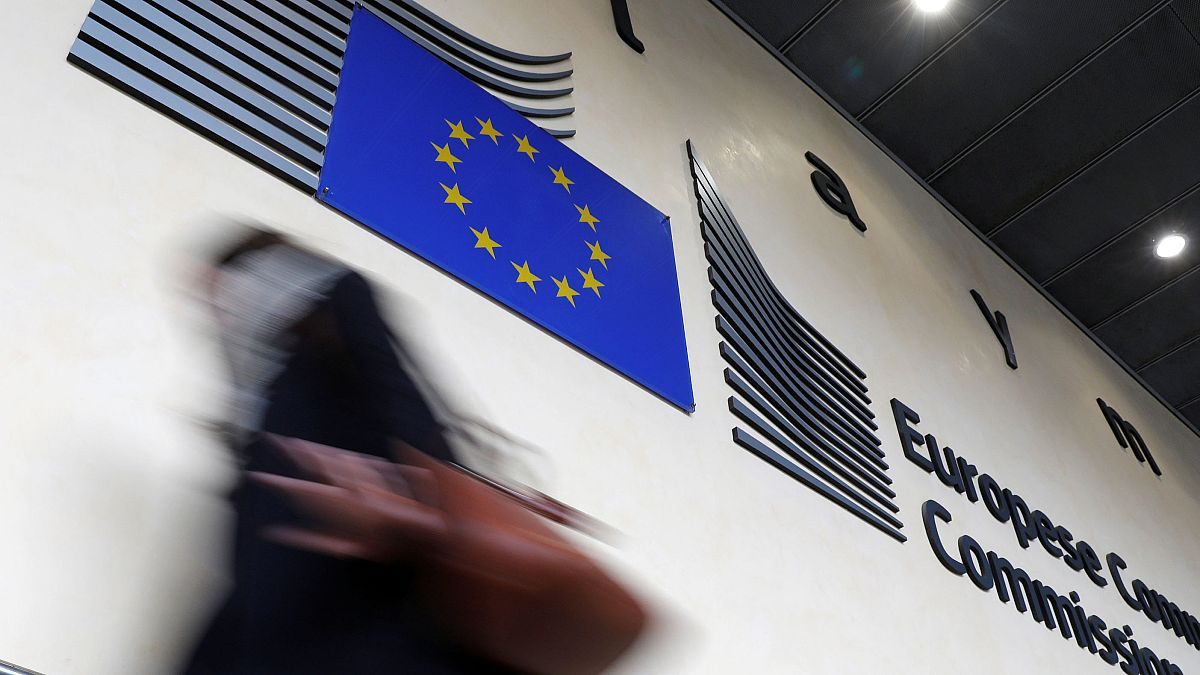Eurozone manufacturing growth accelerated to a six-year high in February, a fall in the value of the euro helped drive up exports and optimism rose.
Eurozone manufacturing growth accelerated to a six-year high in February.
However, the latest surveys of purchasing managers at 3,000 companies showed that was not shared by all major economies.
France was a laggard with manufacturing activity weaker but still growing.
Recovery in the eurozone's manufacturing sector is looking 'increasingly robust', according to IHS Markit https://t.co/Bhudzi0JtPpic.twitter.com/jdMkqMqfQG
— fastFT (@fastFT) March 1, 2017
A fall in the value of the euro helped drive up exports as the currency change meant they were cheaper on world markets.
Prices rose faster across most countries in the region which will cheer the European Central Banks as it has been fretting about deflation.
Optimism among eurozone manufacturers about future business also rose.
The numbers
IHS Markit euro zone manufacturing Purchasing Managers’ Index rose to 55.4 in February
It was the highest reading since April 2011
The PMI was 55.2 in January
The earlier flash estimate was slightly higher at 55.5
#Eurozone Manufacturing #PMI rises to 70-month high as growth accelerates in
Germany, the Netherlands and Italy. https://t.co/FR2cdG3sVvpic.twitter.com/vUglUl8ca1— Markit Economics (@MarkitEconomics) March 1, 2017
“Euro area manufacturers are reporting the strongest production and order book growth for almost six years, in what’s looking like an increasingly robust upturn,” said Chris Williamson, chief business economist at IHS Markit which carried out the surveys.
“This year has seen firms more optimistic about the future than at any time since the region’s debt crisis. Companies are reporting stronger demand in both home and export markets, with the weakened euro providing an accompanying tailwind to help drive sales.
UK factory growth slows
In Britain, manufacturing activity eased more than expected in February but still showed relatively solid expansion.
Slower growth in new orders and a drop in backlogs of work suggested a slowdown, but high levels of optimism among firms, job creation, a recovery in export orders and rising levels of purchasing suggested it would be mild.
The Markit/CIPS UK Manufacturing Purchasing Managers’ Index (PMI) also showed a slight easing in inflation pressures, which had been rising at a record pace after the tumble in the value of the pound triggered by the decision to leave the European Union.
However, the figure remained close to December’s two-and-a-half-year high.
#UK#manufacturing#PMI at 54.6 in Feb (55.7 in Jan). Output and new orders rise solidly albeit at slower rates. https://t.co/uhTrJno81Qpic.twitter.com/nwMqT6PUtX
— Markit Economics (@MarkitEconomics) March 1, 2017



